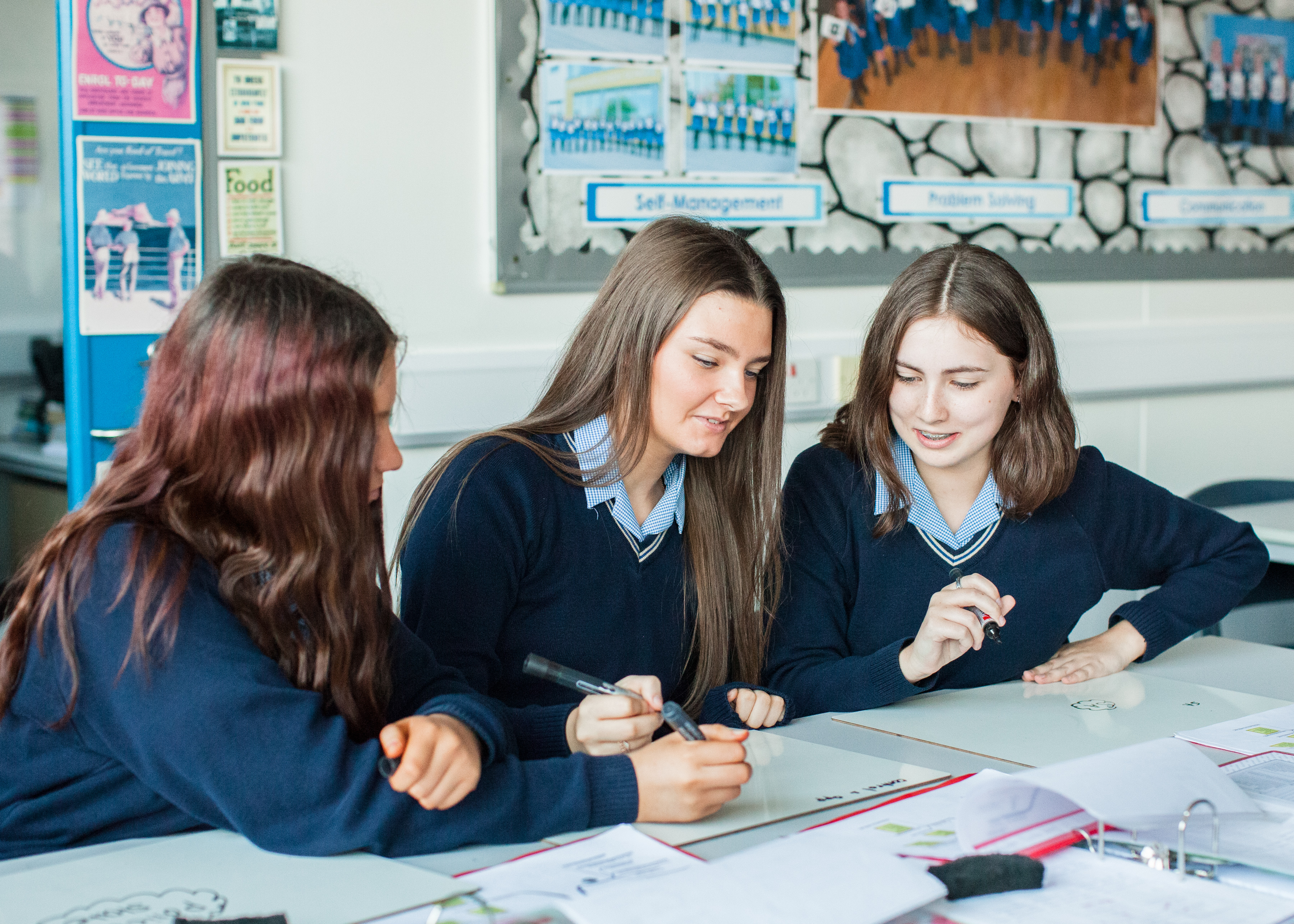

“The more you know about the past, the better prepared you are for the future.” - Theodore Roosevelt
We love History and are committed to ensuring that pupils enjoy the subject, learn about the past and develop a wide range of transferable skills which will help them achieve success and fulfil their potential.
The History Department has now grown to include Government and Politics at both GCSE and A level.
We currently teach 2 History classes and 1 Government and Politics class in Year 11 and also in Year 12. There is also an A level class for each subject in Years 13 and 14.
History holds the answers as to how and why our lives are shaped as they are today. Studying History develops the skills of analysis and evaluation, which are essential in decision making. This wide and varied skill set helps students to keep their career options open.

All pupils study History in Key Stage 3, enjoying a wide range of activities and benefitting from a variety of teaching strategies which help develop their communication and thinking skills and lay the foundation for future success.
Year 8
• What is History?
• The Norman Conquest
• Castles and Control
• Medieval Medicine and the Black Death
• The Suffragettes
• East Side Stories
Year 9
• Significant Events 1500-1700
• The Reformation
• Henry VIII
• Elizabet’s Problems
• Exploration and Colonisation
• King William and his Impact Today
• Slavery and Civil Rights
Year 10
• Introduction to the Twentieth Century
• The First World War
• The Rise to Power of the Nazis
• The Belfast Blitz
• The Holocaust
• Causes and Consequences of the Partition of Ireland
We offer two subjects at Key Stage 4 – History and Government and Politics. Both are popular choices with pupils.
GCSE History (CCEA)
Unit 1:
Section A: Modern World Study in Depth
Life in Nazi Germany, 1933-45
Section B: Local Study
Changing Relations: Northern Ireland and its Neighbours, 1920-49
Unit 2: Outline Study:
International Relations, 1945-2003
GCSE Government and Politics (CCEA)
Unit 1: Democracy in Action
• Political ideas and concepts
• Decision-making in a democracy
• Elections and voting in a democracy
• Political parties in a democracy
• Political information in a democracy
• Taking action in a democracy
Unit 2: International Politics in Action
• Interdependence
• The European Union
• Conflict and its resolution
• Conflict resolution in practice – Northern Ireland
• Migration
History and Government and Politics are also popular choices at Key Stage 5.
GCE History (CCEA)
Studying History helps pupils develop advanced understanding of how the
world became what it is today. It teaches pupils transferable and written skills,
including critical thinking, analysis and debate, thus giving them an advantage
in today’s competitive job market.
Unit AS 1: Historical Investigations and Interpretations
Germany 1919-45
Unit AS 2: Historical Conflict and Change
Russia 1914-41
Unit A2 1: Change Over Time
The American Presidency 1901-2000
Unit A2 2: Historical Investigations and Interpretations
Partition of Ireland 1900-25
GCE Government and Politics (CCEA)
Studying Government and Politics at A level helps pupils develop critical
thinking and skills that employers value, including problem solving, creative
thinking and decision-making.
Unit AS 1: The Government and Politics of Northern Ireland
Unit AS 2: The British Political Process
Unit A2 1: A Comparative Study of the Government and Politics of the United States of America and the United Kingdom
Unit A2 2: Political Power
Entwined Futures (Year 10)
Debating Club
Politics in Action (Year 13)
Breakfast and after-school revision classes
Trips
History trips include Key Stage 3 visits to Carrickfergus Castle, the Ulster Folk and Transport Museum and the Somme Centre.
Key Stage 4 and 5 pupils have ventured further afield to Dublin and the battlefields of France and Belgium, while Politics students have benefited from visiting Belfast City Hall and Parliament Buildings at Stormont.